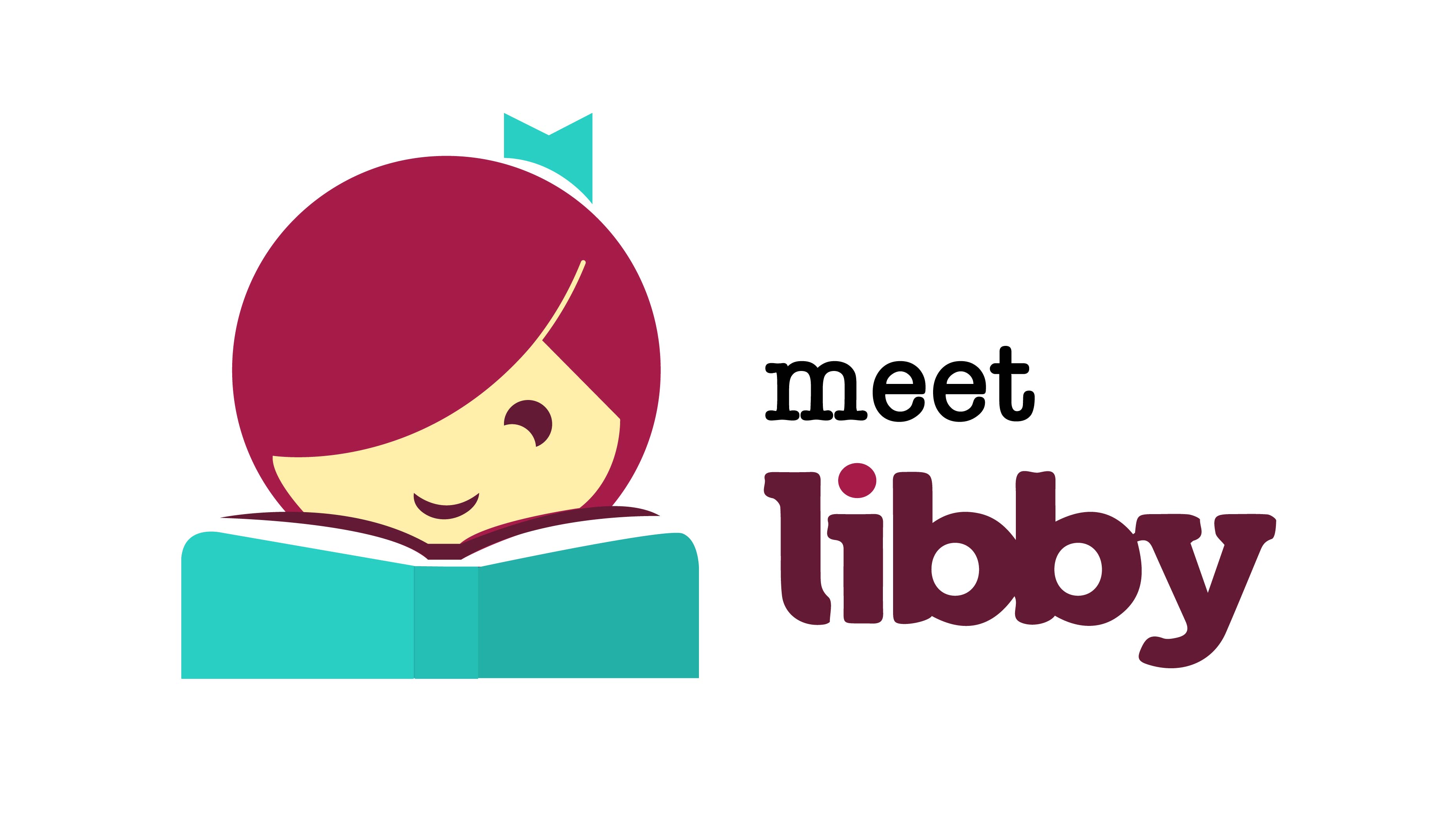 |
| CC 2.0 2007 Evan Bench |
Last year, I read 104 books, including audio and advanced review copies. I could make that number more impressive with the number of manuscripts I've edited. That job, by the way, is usually great fun as I get to see something before everyone else. But I don't count that. After all, it's work. It's why I don't review anymore. And while editing can be a chore at times, it's not cramming in a book to write three paragraphs.
But I read 104 books in 2022. I did it while writing under two pen names, working a fulltime job, and taking care of an ailing wife. For 2023, it's likely, but not guaranteed, I'll make 105. It's unlikely I'll read nearly as much in 2024. Why?
One of the reasons I used the lockdown to learn speed reading was to get more books in. I always believed a writer should read widely and much. Every so often, I'll come up with a list I want to get through, and those often take years. One list in particular drove this year's reading: Stephen King.
Yes, I've read Holly, unexpectedly added Storm of the Century (a screenplay, but it should have been a novel), yet skipped Faithful. (If it's not the Reds or the Indians/Guardians, I'm really not interested in baseball books.)
But to get King's canon finished this year - Fifteen years is long enough - I had to read twenty-five pages at a sitting. Hard to do during the day. Back when working at the office was a regular thing, I had to deal with interruptions: The coworker who took an open book as, "Oh, cool, you're not doing anything" and the needy manager who already sent me a Teams message and an email. (Pro tip: IT guys probably get it after the first email. Use Teams to follow up. Even a gregarious one such as me doesn't want to people much while working.) You sometimes have to steal time outside of breaks. And my wife thinks 5 PM is a hard deadline to stop work.
But I read Holly in sips. And while I devoured Rick Rubin's The Creative Act (like The Subtle Art of Not Giving a F*ck, it's now an annual reread.), I'm going through Don Winslow's City of Dreams slowly. At 311 pages, I'd normally have this done in three or four days. I started it on Monday. The library already bugged me once I would need to return it or renew it.
So 2024 will probably see me read half as many books. But just as there are benefits to reading much and widely, there's a bonus to reading less and more slowly.
On some books, it cost me. I read Thomas Mann's The Magic Mountain, which I loved. However, I also had the impression if I'd only read 10-15 pages in a sitting, maybe with fewer sittings, I'd have understood why that book made Harold Bloom's list from How to Read. (My problem with Bloom was how vocal he was about what he didn't like. It's like Star Wars fandom, only with classics and literary fiction. And I am so over Star Wars for that reason alone.) But I also don't remember much about A Midsummer Night's Dream. I can't remember the last crime fiction book I read, and it was only a month ago. And with editing, sometimes the manuscript blurs a little with whatever's on my end table at the moment. (Winslow is blurring with my current author, which actually put a smile on my face yesterday while working on it.)
But I sipped Holly. I'm sipping City of Dreams. By the time this publishes, I'll probably be into another Twain novel.
One thing that hasn't changed is audio. Audio imposes its own pace. And these days, I prefer audio to music in my headphones and in my car. My musical odyssey began with the Beatles, detoured into Deep Purple, and landed on jazz in recent years. I revisit the Beatles often, but good God, Purple has become fingernails on chalkboard to me. How many times can you listen to "Highway Star" before realizing you're a middle-aged man in a boring sedan? Detroit doesn't even build sedans anymore! So I listen to audio books. And I am an addict.
Audio has its own rotation: Non-fiction, fiction, banned book, and what I call “not Harold Bloom”. 2023 had spiritual books in it, which doubled the amount of ancient texts. (Side note: Those of your putting the holiest of your beliefs or apocryphal texts on audio need to hire better narrators. Some of them would have been more interesting if the guy didn't sound like he slept through it. It’s not reverent; it's just dull.) Ancient epics were the most fun. Star Trek’s Dominic Keating and the great Ian McKellan read The Iliad and The Odyssey respectively, and I found myself disappointed when both stories ended. Same with Beowulf, which I finished the night before writing this. The narrator was one I was unfamiliar with, but he was Irish, like translator Seamus Heaney. So even Heaney’s voice in an afterword came through.
I wondered if I was a freak of nature reading this many books. 104? 105? Once, getting to 100 was a badge of honor. But when it gets to be a chore, and you find yourself padding the list with a lot of filler, is it really useful or relaxing?
Reading should be in service to writing. It should also be relaxing (probably why I love audio so much.) When it becomes an obligation with no purpose or a time suck, then what's the point?








